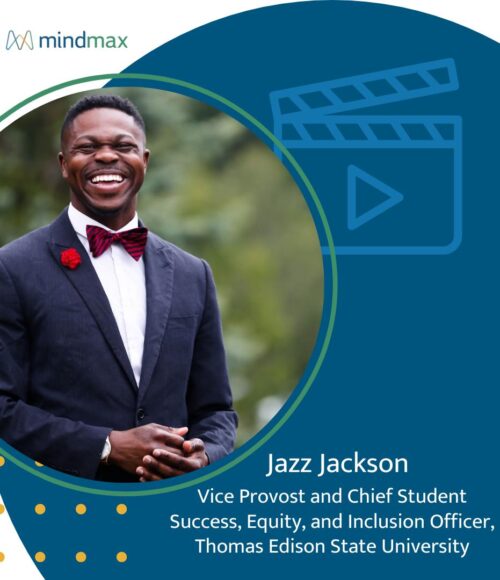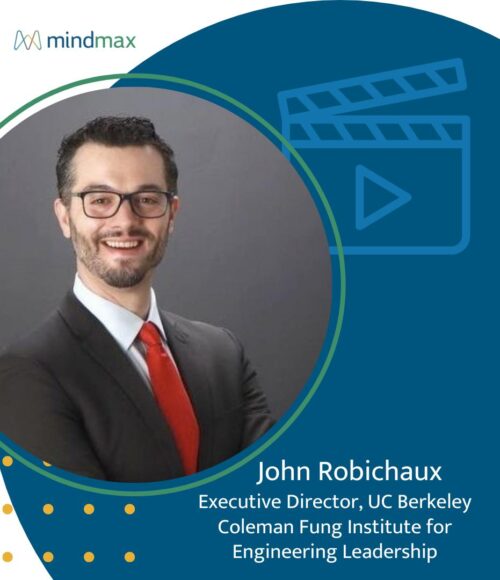Reviving the Lost Art of Learning
Do we know how to learn anymore?
We have so formalized education that we have decoupled it from people’s everyday lives. We go to a physical location (school) or virtual place (online courses and programs) to learn. Once we complete that learning task, we leave “learning mode” and move onto other tasks (eat, work, TV, chores, play, sleep). When we walk away from the classroom or the computer, are we walking away from learning? When we complete our formal education, do we stop learning?
Have we lost our child-like instinct to learn?
We are instinctual learners, but by institutionalizing education, we have also taught away some of the ability to learn.
Over the course of our schooling, we are gradually encouraged to pay more attention to the “core subjects,” while the more creative subjects (art, music, sports, games, drama) become electives. We learn that these are less practical. It’s interesting that people who succeed in these latter pursuits though, tend to be considered the most successful and are the highest compensated.
Is the handwriting on the wall?
Consider handwriting. The Common Core standards, adopted by most states, call for teaching handwriting in kindergarten and first grade. After that, the standards advocate keyboarding. Yet scientists have found that handwriting a letter involves more brain function than typing one. A June 2, 2014, NY Times article relates:
Children not only learn to read more quickly when they first learn to write by hand, but they also remain better able to generate ideas and retain information. In other words, it’s not just what we write that matters — but how.
“When we write, a unique neural circuit is automatically activated,” said Stanislas Dehaene, a psychologist at the Collège de France in Paris. “There is a core recognition of the gesture in the written word, a sort of recognition by mental simulation in your brain.”
We should consider what is lost when we ignore the role of writing in the learning experience.
The loss of wonder
As we advance through school, our motivations or incentives evolve away from learning for its own sake to learning toward an objective. Third-graders begin to ask, “Will this be on the test [subtext: Can I ignore this set of facts]?” The motivation is not about learning, but getting it done and getting a grade. We begin to filter our learning for the expected desired outcome. We filter out the wonder in our quest to complete each learning task, no matter how incomplete the actual learning may be.
The role of teaching in motivating us to learn
The role of teaching often changes in the higher education setting. While college faculty are typically experts in the specific subject matter, teaching oftentimes seems a secondary skill. Writing and research compete with the demands of teaching. In a college class, the incentives are mostly on the student: to pass each class with good grades and graduate.
Within corporate learning, instructors focus more on results. They are highly motivated—perhaps even more so than the employee—because the goal is to get employees up to speed quickly on a particular project or skillset. The incentives are different, as company performance is tied directly to employee performance.
Unbundling the college experience to prepare graduates for a new workplace reality
To better prepare college grads for the working world they will face, we need to look at learning more closely: how it occurs, how it changes as we age, and thus how we can teach more effectively to meet the needs of today’s students.
As different modes of learning gain acceptance, first in the workplace, and then in higher education, the role of a teacher has evolved both within the university and outside of it. As more universities offer online courses, there is often an unbundling of course development and teaching. In many schools now, the same person that developed the course, the teacher tapped for his subject-matter expertise, may not be the one to deliver it. Involvement of instructional design resources ensures a higher degree of student engagement, while course instructors are able to focus more directly on supporting student learning throughout the course. Schools such as Western Governors University have been doing this for some time now, with other institutions following suit.
Restoring the love of learning throughout our lifetimes
As we move further and further away from the concept of “a job for life,” we need people who will keep learning on their own and we need institutions, from K-12 through higher education, that encourage and provide a better mechanism for them to do that.
Related Ideas
Jazz Jackson Wants to Help Every Student Finish What They Start

John Robichaux Wants Lifelong Learning to Drive Public Impact
